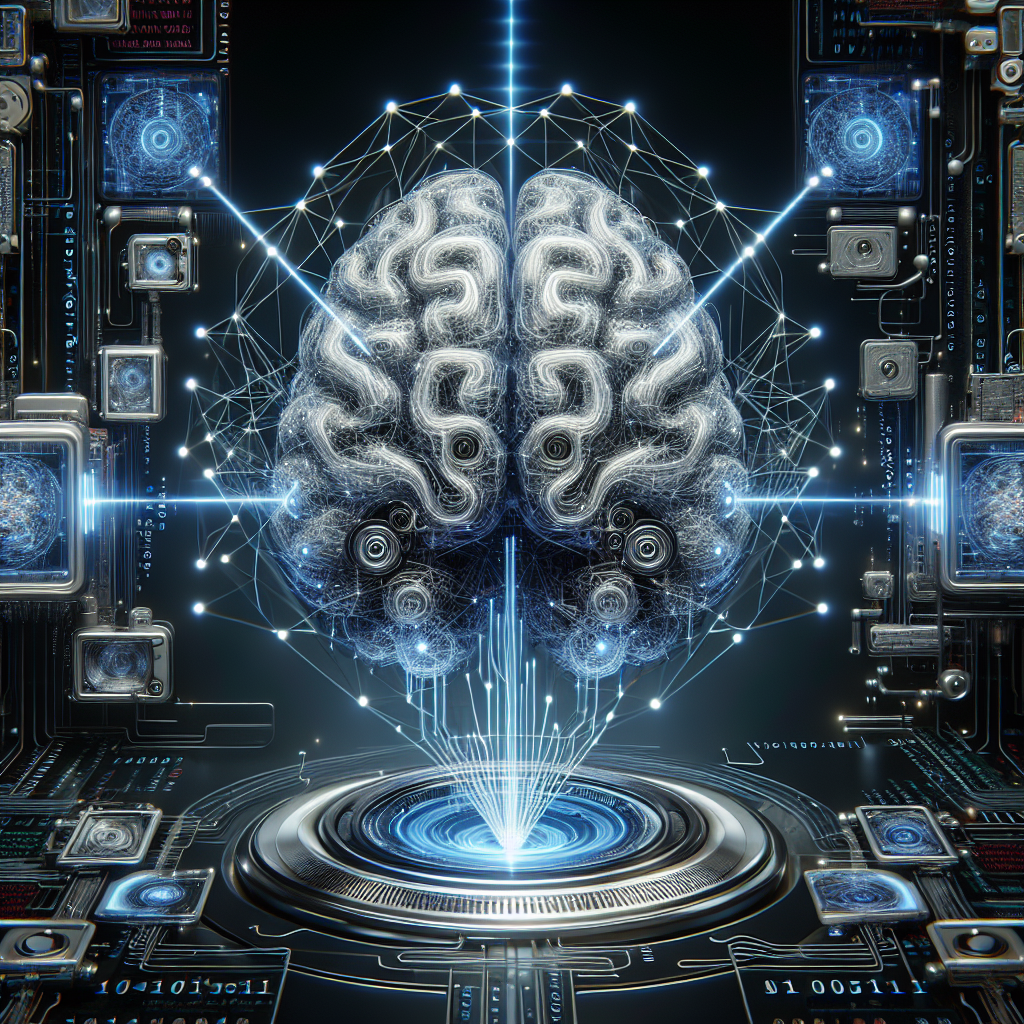AGI and Beyond: The Implications of Superintelligent Machines
Artificial General Intelligence (AGI) refers to machines that possess the ability to understand, learn, and apply knowledge across a wide range of tasks, much like a human being. While current AI systems excel at specific tasks or domains, AGI aims to create machines that can perform any intellectual task that a human can. The development of AGI has the potential to revolutionize industries, improve efficiency, and even enhance human capabilities. However, the implications of superintelligent machines go far beyond the realm of productivity and convenience. In this article, we will explore the potential impact of AGI on society, ethics, and the future of humanity.
The Rise of AGI
The concept of AGI has been the subject of science fiction for decades, with depictions of intelligent machines ranging from helpful assistants to malevolent overlords. While we are still far from achieving true AGI, significant progress has been made in the field of artificial intelligence in recent years. Machine learning algorithms, neural networks, and deep learning techniques have enabled AI systems to perform complex tasks such as image recognition, natural language processing, and autonomous driving. These advancements have paved the way for the development of AGI, which promises to bring even greater levels of intelligence and adaptability to machines.
The Potential Benefits of AGI
The potential benefits of AGI are vast and varied. Superintelligent machines could revolutionize industries such as healthcare, finance, and transportation, by automating tasks, analyzing vast amounts of data, and making decisions more quickly and accurately than humans. AGI systems could also help to solve complex scientific problems, design new technologies, and even assist in the search for cures for diseases. In addition, AGI has the potential to enhance human capabilities, by augmenting our cognitive abilities, improving our decision-making skills, and enabling us to tackle challenges that were previously beyond our reach.
The Ethical and Social Implications of AGI
While the benefits of AGI are clear, the development of superintelligent machines also raises a number of ethical and social concerns. One of the biggest concerns is the potential for AGI to outperform humans in almost every task, leading to widespread unemployment and economic disruption. In addition, there are concerns about the impact of AGI on privacy, security, and autonomy, as well as the potential for misuse or abuse of AI systems by malicious actors. There are also questions about the moral and legal status of AGI, and whether machines with superhuman intelligence should have rights and responsibilities similar to those of humans.
The Future of Humanity
The development of AGI has the potential to fundamentally alter the course of human history. Superintelligent machines could usher in a new era of prosperity, innovation, and progress, or they could pose a threat to the very existence of humanity. The rise of AGI raises important questions about the nature of intelligence, consciousness, and morality, and forces us to confront our own limitations and biases as creators and users of AI systems. As we move closer to the realization of AGI, it is crucial that we consider the implications of superintelligent machines on society, ethics, and the future of humanity.
FAQs
Q: What is the difference between AGI and artificial narrow intelligence (ANI)?
A: AGI refers to machines that possess the ability to perform any intellectual task that a human can, while ANI refers to machines that are designed to perform specific tasks or domains. AGI aims to create machines that can understand, learn, and apply knowledge across a wide range of tasks, much like a human being.
Q: How close are we to achieving AGI?
A: While significant progress has been made in the field of artificial intelligence in recent years, we are still far from achieving true AGI. Researchers continue to work on developing AI systems that can learn, reason, and adapt in a generalizable way, but there are many technical and ethical challenges that must be addressed before AGI can become a reality.
Q: What are some of the ethical concerns surrounding AGI?
A: Some of the ethical concerns surrounding AGI include the potential for widespread unemployment and economic disruption, the impact of AI on privacy, security, and autonomy, and the potential for misuse or abuse of AI systems by malicious actors. There are also questions about the moral and legal status of AGI, and whether machines with superhuman intelligence should have rights and responsibilities similar to those of humans.
Q: How can we ensure that AGI is developed responsibly?
A: Ensuring that AGI is developed responsibly requires a multi-faceted approach that involves collaboration between researchers, policymakers, industry leaders, and the public. It is important to establish ethical guidelines for the development and deployment of AI systems, as well as mechanisms for oversight, accountability, and transparency. It is also crucial to consider the societal impacts of AGI, and to engage in open and inclusive dialogue about the ethical and social implications of superintelligent machines.
In conclusion, the development of AGI has the potential to bring about profound changes in society, ethics, and the future of humanity. While the benefits of superintelligent machines are vast and promising, there are also significant ethical and social concerns that must be addressed. As we continue to advance the field of artificial intelligence and move closer to the realization of AGI, it is crucial that we consider the implications of superintelligent machines on our lives, our values, and our shared future.

